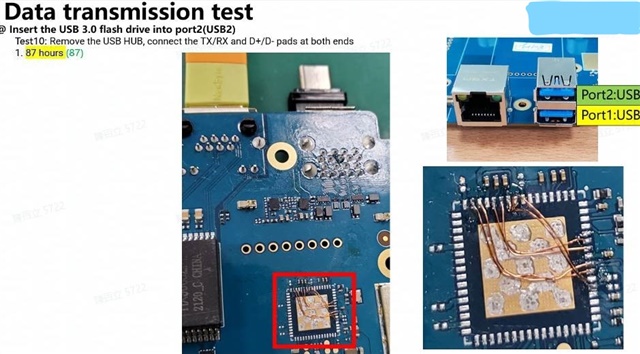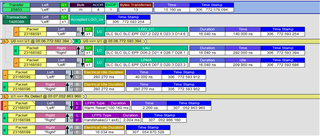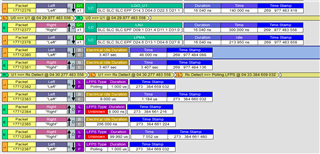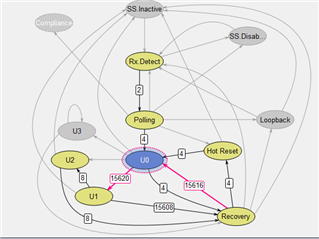Other Parts Discussed in Thread: HD3SS3212
Hi TI Teams:
Would you help review the schematic below:
if there is any relevant miss that may affect the data transmission of USB3.0? Now the problem we encounter is that there is still a high probability of USB reset. Can u give us some better suggestion for this problem?
Thanks,
Best Regards









